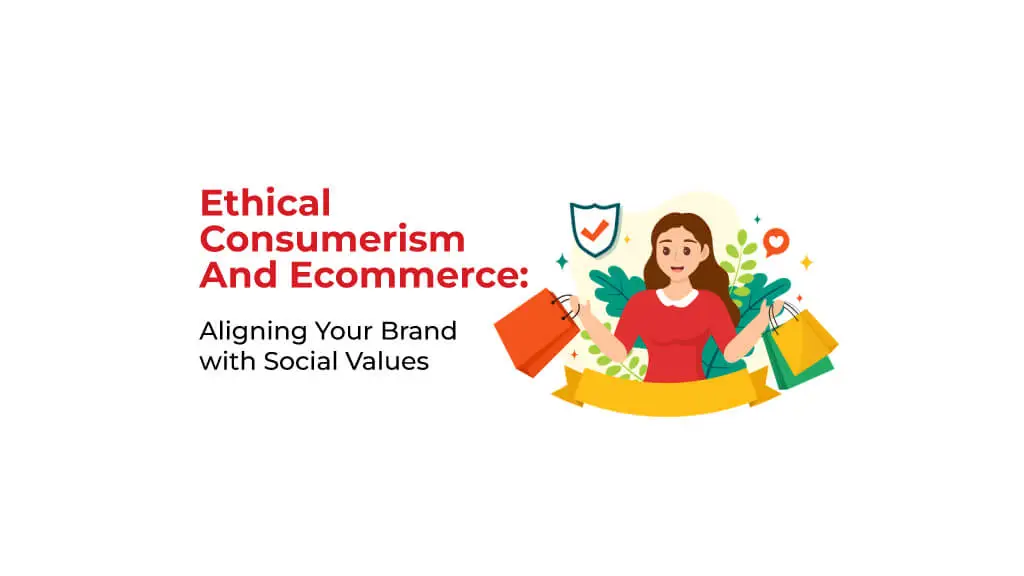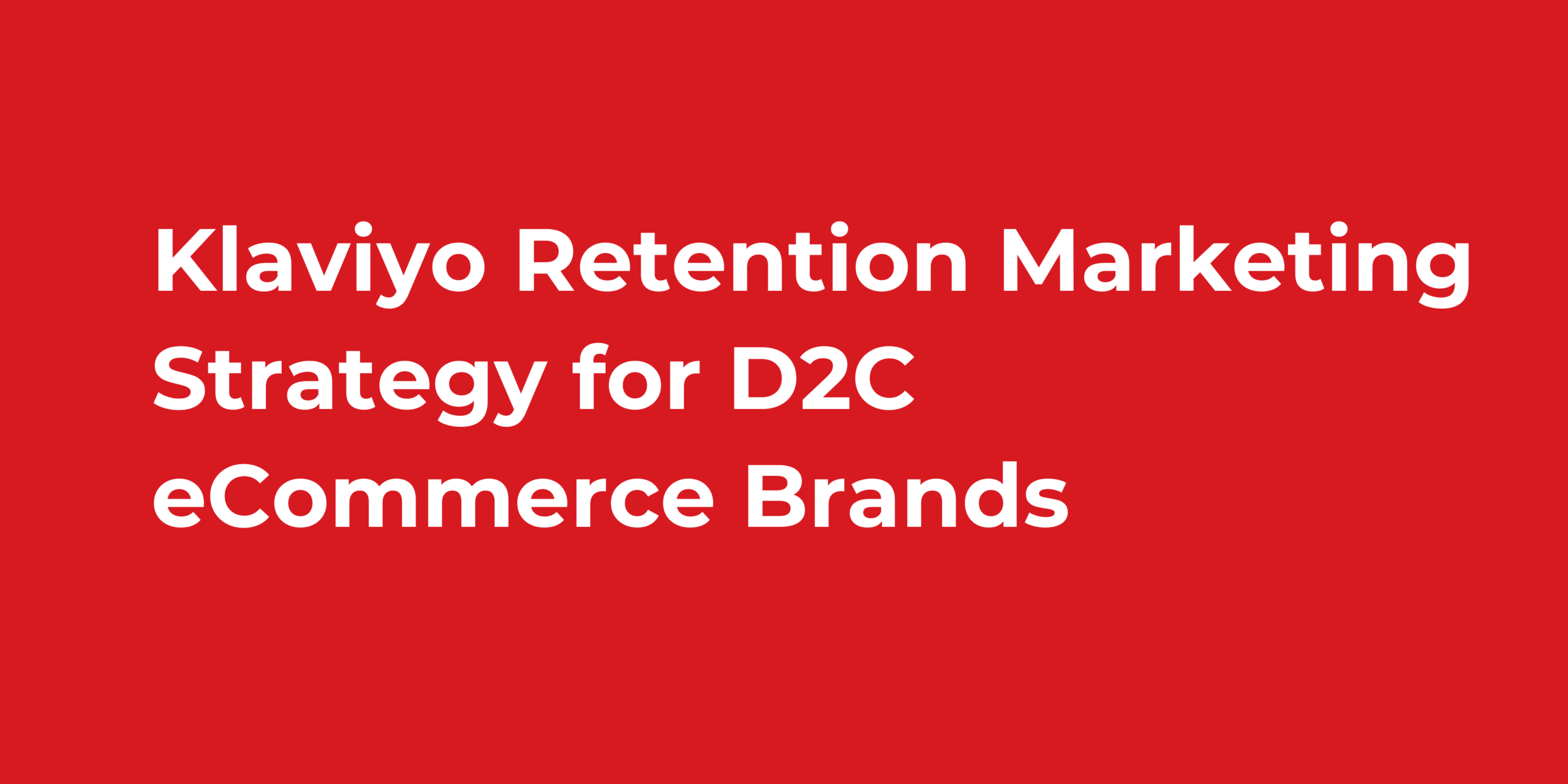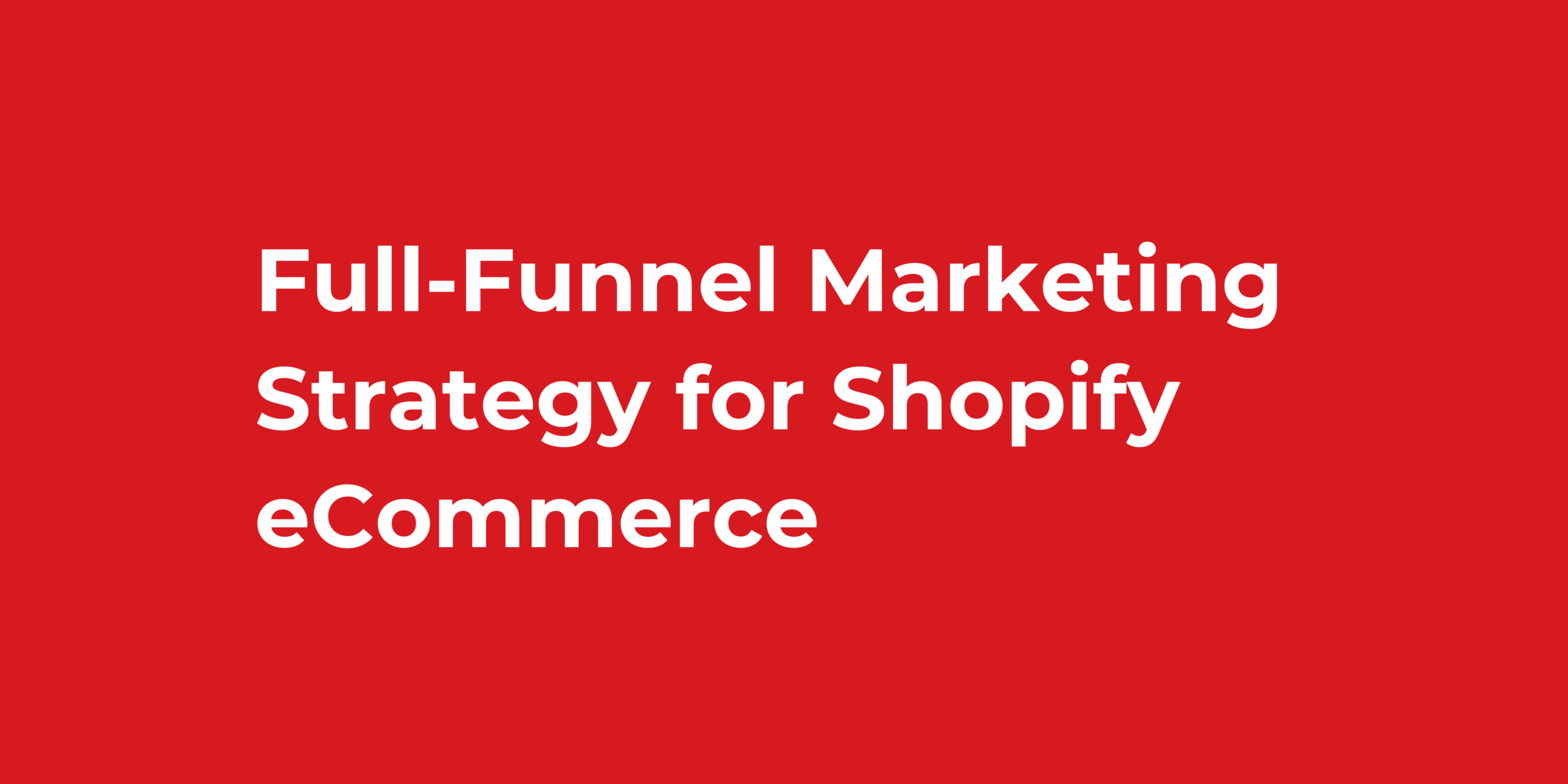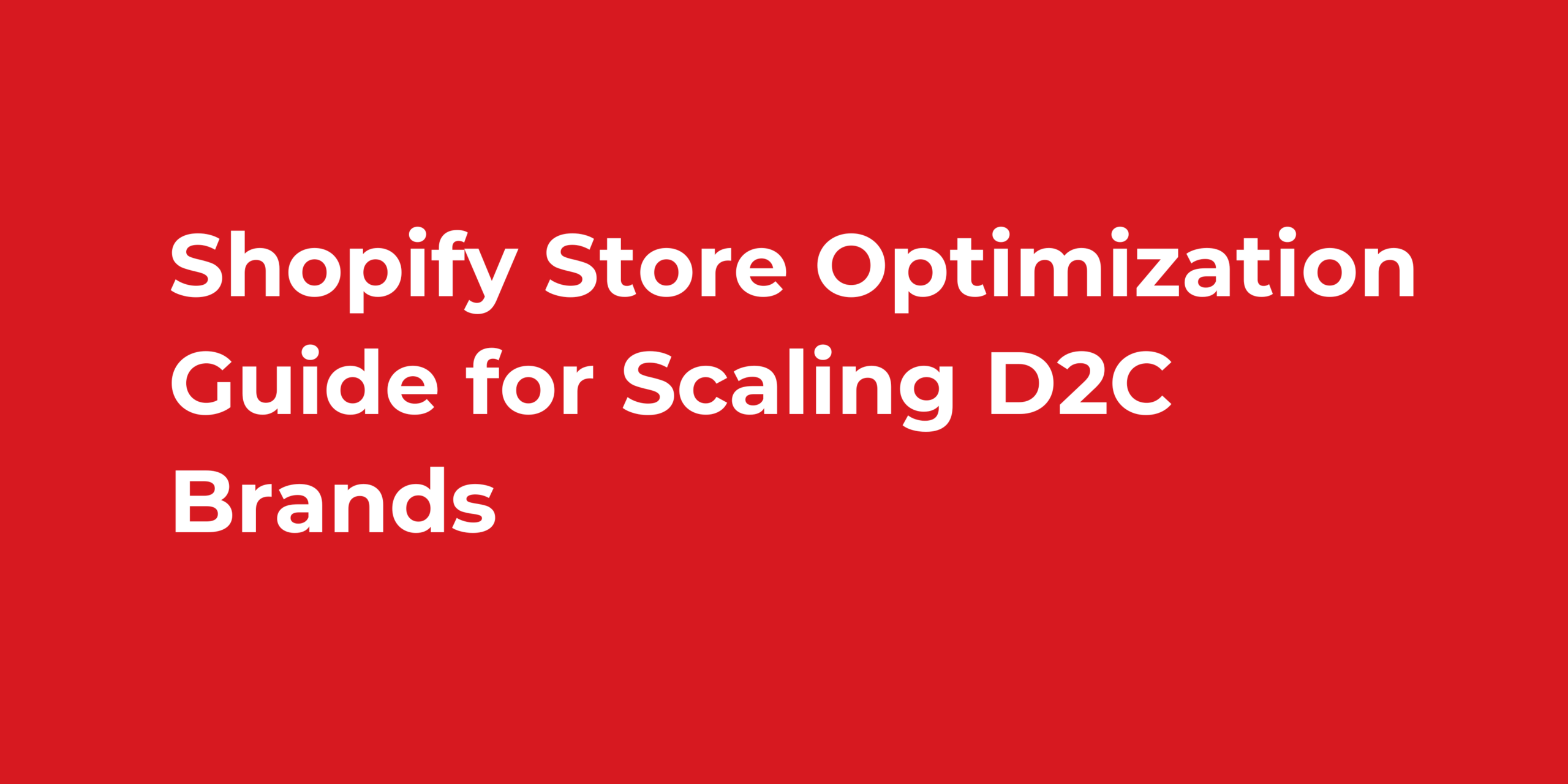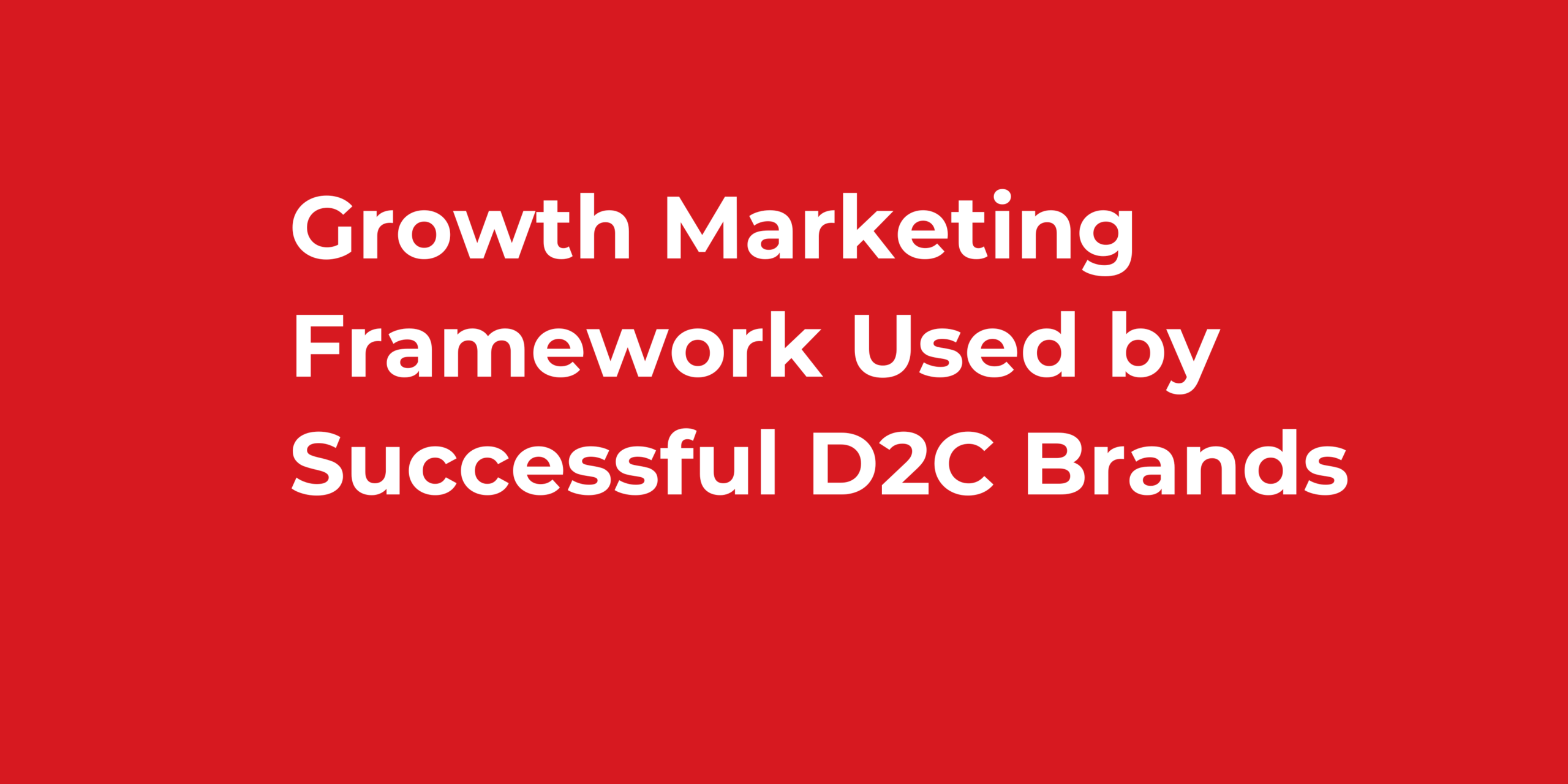More than 60% of consumers stated that in 2023, they have tried to positively impact the environment through everyday actions, with 45% believing they were personally contributing to the climate challenge. With the emergence of Gen Z and millennials, we have seen a significant turn in buyer shopping trends, including ethical consumerism in e-commerce.
People are not just looking for products that fulfill their needs but also for sustainable and eco-friendly products. This has also impacted the e-commerce market, as brands focusing on ethical practices and sustainability are taking the limelight in this industry. As an e-commerce business owner, you must be aware of ethical consumerism in e-commerce and why you should care.
For e-commerce owners, being eco-friendly and sustainable is not just about producing eco-friendly products but also an ulterior motive to attract your target customers. Focusing on these trends can add a sense of corporate social responsibility and brand image to your business. This blog provides the leading strategies and tips for boosting your brand in this era.

Ethical consumerism in e-commerce
Ethical consumerism in e-commerce is a trend in which customers consider the good of society and nature before making any buying decision. This consideration goes beyond the price and quality of the product because it may involve whether the product or brand aligns with moral and ethical values. In this process, consumers look for businesses that care about their impact on the world.
What is ethical consumerism?
Customers identify brands selling eco-friendly products, paying workers fairly, treating them respectfully, and ensuring no activities damage animals or the environment. Modern consumers do not shop according to the cheapest or nearest location. Ethical consumers believe that values such as sustainability, social justice, and animal welfare are more important than their needs and desires.

The ethical consumer profile
Sustainable e-commerce brands that tell people about their efforts, such as sustainable packaging and transparent supply, attract a loyal customer base.
When customers trust a brand’s values, they will stay with the brand, refer friends and family, and even pay more for that brand. Thus, ethical consumerism is not just a moral choice; it’s a business strategy that can boost your e-commerce business.
According to Mintel’s 2024 Global Consumer Trends report, more consumers are linking themselves with brands that represent their values and are consequently abandoning those that don’t. They go shopping very purposefully.
As much as possible, they look for the credentials of the brands, such as “Fair Trade” and “Cruelty-Free,” to authenticate the brand. They also look at reviews, social media, and word of mouth to identify the most reliable businesses. Many are even willing to pay a premium for it.
Why is ethical consumerism in e-commerce important?
Every e-commerce owner and marketing team focuses on their target markets and devises their strategies according to them.
In today’s world, another market has been added to this game: the sustainable or eco-friendly market. E-commerce and sustainability have a profound connection. Different factors will tell you about the importance of ethical practices in e-commerce.
Imagine you are at a mall and see 2 brands selling the same types of clothes. But some time ago, you heard that people pay their workers well and prevent pollution-causing activities. This will automatically attract you to that brand. This is the importance of ethical consumerism in e-commerce.
Market opportunity
The increasing demand for ethical products is a significant market opportunity for your sustainable e-commerce business. People seek sustainable fashion, eco-friendly gadgets, and reusable household products.
This change has generated many new opportunities for brands focusing on ethical and environmentally friendly practices. Second-hand clothing, biodegradable packaging, and cruelty-free beauty products are a few examples of successful ventures in this category.

Competitive advantage
Ethical branding in a crowded online marketplace will help your business stand out. Shoppers today don’t just want products—they want to support brands that show corporate social responsibility and brand image. Being transparent about your ethical practices can attract more customers who share those values.
For examples,
- Allbirds deal in eco-friendly shoes,
- TOMS is loved for their “one for one” scheme of giving a pair of shoes for every pair sold, and
- Tentree for planting ten trees for every purchase.
These companies became customers’ favorites due to their eco-friendly practices.
Loyal customers
Investment in ethical practices is not only good for your reputation but also good for the bottom line. Customers who care about ethics are often more loyal, as they repeatedly prioritize your business over others. Sustainable practices, such as reducing waste or improving energy efficiency, can save money. By using ethical consumerism, you build a much stronger, more profitable business over time.
How to build an ethical e-commerce business
Here’s how you can build an ethical and sustainable e-commerce business:
Start with your supply chain
It is the first step in building an eco-friendly e-commerce business. Every business needs raw products, so get your raw products from manufacturers or suppliers prioritizing environmental and climate protection. You should go for suppliers who pay their workers fairly and treat them respectfully.
Another aspect is the use of blockchain. It will help you show your customers the whole process, creating transparency and loyal customers. Ethical consumerism in e-commerce focuses on each step of your business to ensure that customers make the right choice.
Be sustainable
Incorporate eco-friendly solutions into your business. For example, use recyclable or biodegradable packaging to reduce waste. You can also offer carbon-free shipping options. Look for ways to minimize waste during production and distribution, such as using energy-efficient equipment or recycling leftover materials.
These steps protect the planet and can reduce costs over time. They will help combine e-commerce with sustainability. You can show your efforts to your customers through social media to increase brand awareness.
Communicate your values
Share your ethical practice with your customers. Use transparent and clear storytelling to explain how your brand benefits the planet and the environment.
Highlight your certifications, such as “Fair Trade” or “Carbon Neutral” and your partnerships with ethical organizations. Create engaging content, such as videos and blogs, for ethical consumerism in e-commerce that educates and builds trust in your brand for your audience.
Engage your customers
Engage your customers with your mission. For example, you can introduce “buy one, plant one,” or a tree will be planted for every purchase.
Reward your customers for making eco-friendly choices—offer discounts or loyalty points for opting for minimum packaging or contributing to social causes. You can strengthen your customer bond and encourage repeat business through customer engagement.

Benefits of ethical consumerism in e-commerce
Of course, ethical consumerism in e-commerce has many benefits, but what does it offer your business? Here are some that will blow your mind.

Tangible Benefits
Ethical practices can directly improve your bottom line. Businesses experience higher sales and customer retention because consumers trust and support brands whose values mirror theirs. Sustainable methods, such as purchasing energy-efficient equipment or decreasing waste, typically reduce operational costs.
Intangible Benefits
Above all, ethical consumerism in e-commerce enhances your brand reputation. People talk more positively about doing good for society and the planet, which generates the best word-of-mouth marketing. Ethical businesses also attract socially responsible investors and partners, ensuring more opportunities for growth and collaboration.
Proper technology adoption and ethical practices can help your sustainable e-commerce business flourish while making a difference.
Brand practicing ethical consumerism in e-commerce
Some brands are known for their environmental contributions, which is why they lead in this market. Let’s see their actions and how these ethical practices boost their businesses.

Patagonia
Patagonia is a brand that loves the planet and people. Its clothing is made from sustainable materials, including recycled fabrics, and it protects workers from lower wages. The company has had many strong campaigns, such as the “Don’t Buy This Jacket” campaign, which encourages ethical consumerism in e-commerce and helps people buy less and reuse more to reduce unnecessary waste.
Lush
Lush is a cosmetics brand that creates handmade products that are cruelty-free and vegan. It never tests on animals and doesn’t use animal ingredients in its products.
Lush also focuses on reducing environmental harm by using minimal packaging and encouraging recycling. It also focuses on creating fair trade opportunities for the farmers and workers who make its products.
Seventh Generation
Seventh Generation produces green cleaning products that benefit every household and the environment. From cleaners to detergents, they are trying to build an eco-friendly product line using plant-based ingredients and packaging sourced from recycled materials to help individuals live more sustainably.
Seventh Generation encourages ethical consumerism in e-commerce and responsible consumer behavior by using less harmful chemicals in everyday cleaning routines.
Wrapping it up
In conclusion, ethical consumerism in e-commerce is a strong movement that reflects consumers’ desire to make purchasing decisions based on values. By adopting ethical practices and using sustainable materials, fair wages, and eco-friendly packaging, e-commerce businesses will attract customers who care for the planet and society.
Some of these practices go beyond improving a brand’s reputation. They yield long-term profitability and success. Businesses that adopt the ethics of ethical consumers will help secure their prospects for a bright future. Businesses and customers can contribute to a better world by making ethical choices.
Subscribe to our weekly newsletter to get crispy CRO tips and marketing strategies that win millions of qualified leads with minimal marketing spend.
FAQs
-
What is the ethical concept of e-commerce?
People are not just looking for products that fulfill their needs but also for sustainable and eco-friendly products. This has also impacted the e-commerce market, as brands focusing on ethical practices and sustainability are taking the limelight in this industry. As an e-commerce business owner, you must be aware of ethical consumerism in e-commerce and why you should care.
-
What is an example of an ethical consumer?
Lush is a cosmetics brand that creates handmade products that are cruelty-free and vegan. They never test on animals and don’t use animal ingredients in all their products. Lush is also focusing on doing less harm to the environment because of its minimal usage in packaging, which encourages recycling. They focus on creating fair trade opportunities for the farmers and workers making their products.
-
What is the meaning of ethics in commerce?
What is ethical consumerism? Customers identify brands selling eco-friendly products, paying workers fairly, treating them respectfully, and ensuring no activities damage animals or the environment. Modern consumers do not shop according to the cheapest or nearest location. Ethical consumers believe that values such as sustainability, social justice, and animal welfare are more important than their needs and desires.
-
What is the importance of ethics in e-commerce?
Ethical consumerism in e-commerce enhances your brand reputation. People talk more positively about doing good for society and the planet, which generates the best word-of-mouth marketing. Ethical businesses also attract socially responsible investors and partners, ensuring more opportunities for growth and collaboration.
-
How do you build an ethical e-commerce business?
Incorporate eco-friendly solutions into your business. For example, use recyclable or biodegradable packaging to reduce waste. You can also offer carbon-free shipping options. Look for ways to minimize waste during production and distribution, such as using energy-efficient equipment or recycling leftover materials.
